
“Is more always better?”: The age-old question is more relevant than ever as clinicians and patients alike navigate an increasingly crowded MS treatment landscape.

“Is more always better?”: The age-old question is more relevant than ever as clinicians and patients alike navigate an increasingly crowded MS treatment landscape.
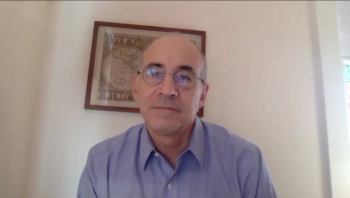
The managing director of the Interdisciplinary Brain Center at Massachusetts General Hospital discussed the trial design and outcomes of the PEGASUS trial of AMX0035.

Stephen Krieger, MD from the Icahn School of Medicine at Mount Sinai spoke about the phase 3 trial of nabiximols he will be investigating in MS.

The chief scientific officer of the Parkinson’s Foundation offers his side of the debate on whether genetic testing for patients with Parkinson disease is under-utilized.

Effectively navigating the nuances of this unique patient population will ultimately help drive innovative solutions for this generation and those to come.

Stephen Cunnane, PhD, Research Center on Aging, Universite de Sherbrooke, discussed the findings and implications of a recent study of the drink’s effects on patients with mild cognitive impairment.

The section chief of pediatric neurology at Nationwide Children’s Hospital discussed his experience using some of the approved medications for patients with Lennox-Gastaut syndrome.

Seelos Therapeutics will soon enroll patients in its phase 2b/3 trial of SLS-005 in amyotrophic lateral sclerosis.

The professor of neurology at the NYU Langone Grossman School of Medicine detailed the ways the COVID-19 pandemic impacted mental health of frontline clinicians.

As the adoption of telemedicine rises, the ability to incorporate digital and telehealth-based therapies offers clinicians a unique opportunity to supplement the comprehensive care model.

Michael Okun, MD, executive director of the Norman Fixel Institute for Neurological Diseases sat down to discuss his viewpoint paper on changing the approval system for neurotechnological devices in rare diseases.

Advanced imaging technology collides with artificial intelligence in what is shaping up to be a revolutionary period for the diagnosis and management of MS.


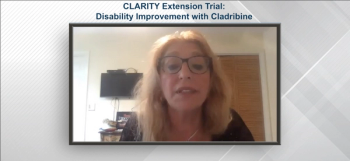
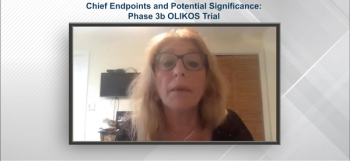
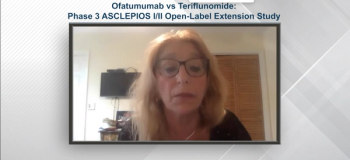
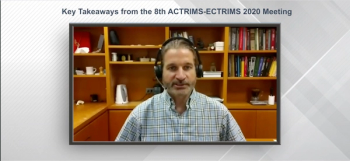
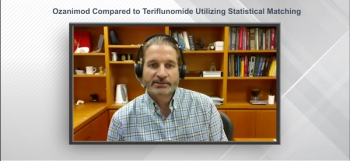
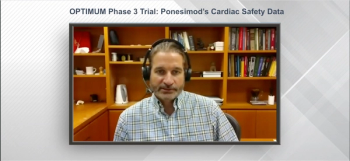
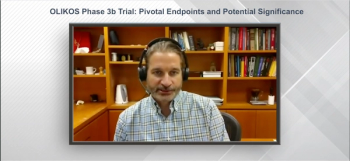
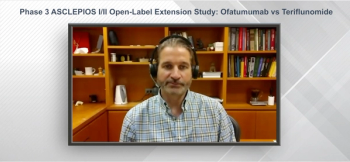
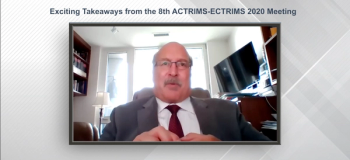
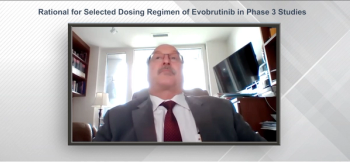
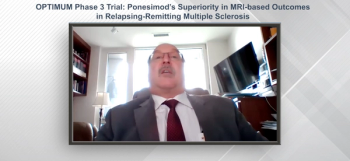
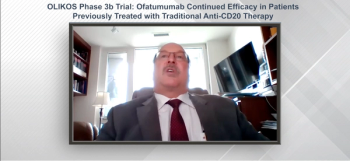
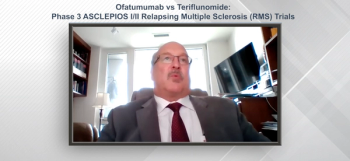
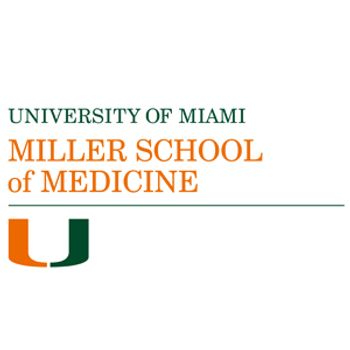
A University of Miami Miller School of Medicine neuroscientist and molecular biologist is leading a collaborative study that could develop new insights into how cellular processes affect neurodegenerative diseases.

Despite having independent association with a number of outcomes, SVD MRI features lacked prognostic value for patients with stroke.

The vice president of Clinical Research at Eisai detailed why lorcaserin’s formula made it suitable for treating patients with Dravet syndrome.